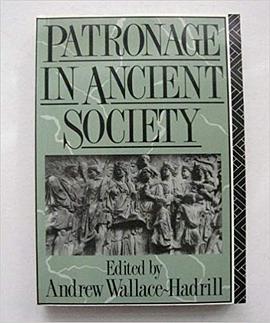

具体描述
In this pathbreaking study Jeffrey L. Rubenstein reconstructs the cultural milieu of the rabbinic academy that produced the Babylonian Talmud, or Bavli, which quickly became the authoritative text of rabbinic Judaism and remains so to this day. Unlike the rabbis who had earlier produced the shorter Palestinian Talmud (the Yerushalmi) and who had passed on their teachings to students individually or in small and informal groups, the anonymous redactors of the Bavli were part of a large institution with a distinctive, isolated, and largely undocumented culture. The Culture of the Babylonian Talmud explores the cultural world of these Babylonian rabbis and their students through the prism of the stories they included in the Bavli, showing how their presentation of earlier rabbinic teachings was influenced by their own values and practices. Among the topics explored in this broad-ranging work are the hierarchical structure of the rabbinic academy, the use of dialectics in teaching, the functions of violence and shame within the academy, the role of lineage in rabbinic leadership, the marital and family lives of the rabbis, and the relationship between the rabbis and the rest of the Jewish population. This book provides a unique and new perspective on the formative years of rabbinic Judaism and will be essential reading for all students of the Talmud.
作者简介
目录信息
读后感
评分
评分
评分
评分
用户评价
相关图书
本站所有内容均为互联网搜索引擎提供的公开搜索信息,本站不存储任何数据与内容,任何内容与数据均与本站无关,如有需要请联系相关搜索引擎包括但不限于百度,google,bing,sogou 等
© 2026 book.wenda123.org All Rights Reserved. 图书目录大全 版权所有




















